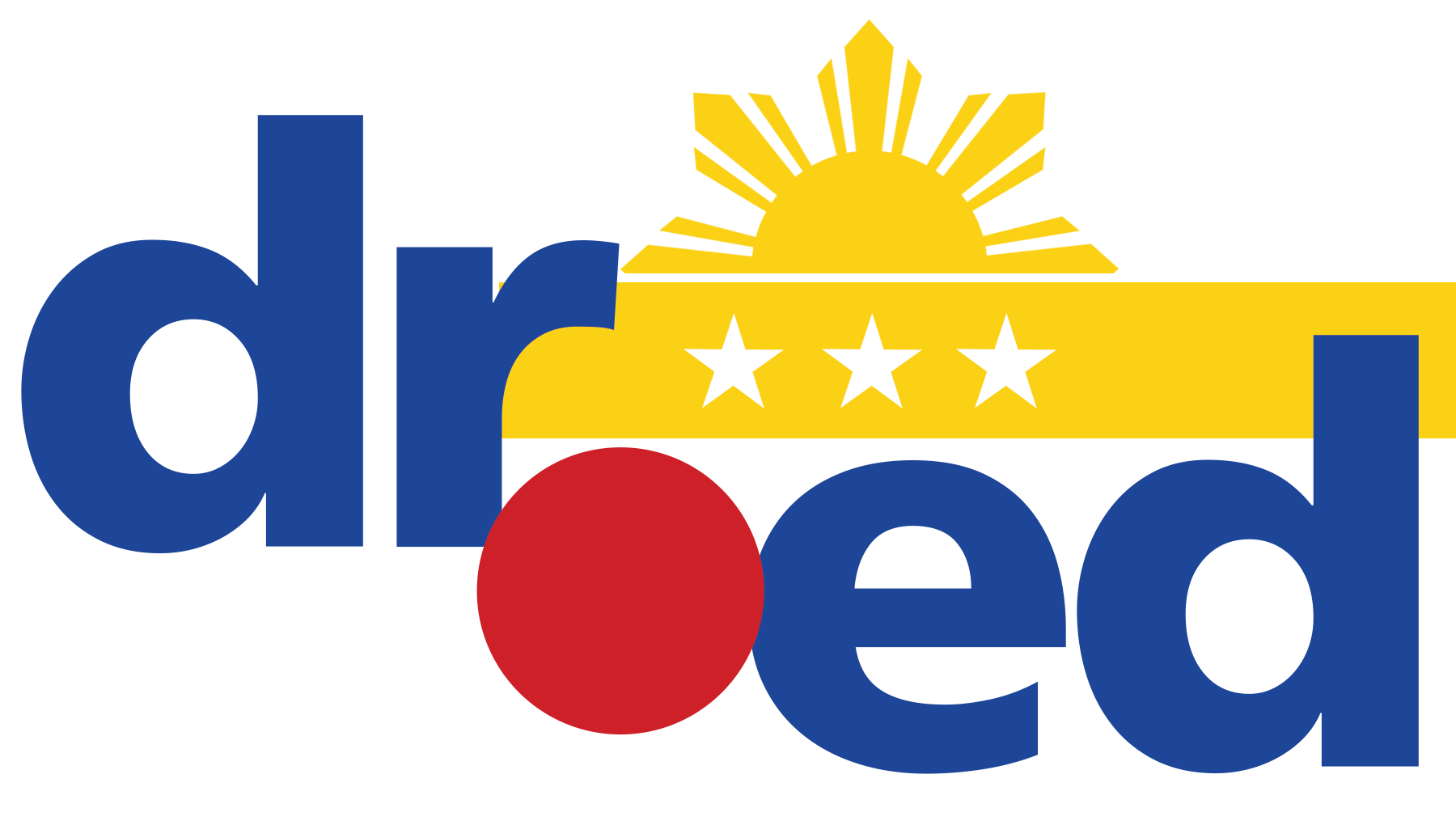Communication is the process of creating and sharing meaning. Communication in an organization is very important. In an enterprise whose success brings upon the coordination of the efforts of all its members, the managers depend completely upon the quality, the amount, and the rate of which relevant information reaches them. The rest of the organization, in turn, depends upon the efficiency with which the managers can deal with this information and reach conclusions, decisions, etc. This line of reasoning leads us to the belief that communication is not a secondary or derived aspect of organization a helper of the other and presumably more basic functions. Rather it is the essence of organized activity and is the basic process out of which all other functions derived.
Bass (1979) states that communication in an organization or elsewhere is a process of people relating to other people. It would be effective if the result in work getting done better and problems being solved more efficiently. To varying degrees, team members work together to improve their operations, handle day-to-day problems, and plan and control their work. Hence, they are not only responsible for getting work done but also for managing themselves and participating in the formulation and management of their processes, with an emphasis on ownership of these processes. Subsequently, communication also improves as the workers undertake their assigned task together and get to meet often.
For work teams to succeed, the team’s goal should be communicated effectively. Everyone should be dedicated to accomplish the task, able to collaborate, trust other members of the group, adequately recognized their efforts, and have a leader who is willing to unleash the energy of the team. (Franco, 1988)
Dr. Wichit Srisa-an (1997) in her paper “Borderless Learning Environments in Higher Education for the 21st Century” presented during the World Congress in Higher Education suggests that it is through communication skills that one is able to share knowledge, culture, philosophies, goals to be achieved or even tasks to be performed and the understanding of self and others. One must start with the understanding of oneself – one’s own needs, potentials, values and philosophies. It is only by knowing oneself that one can know others.

